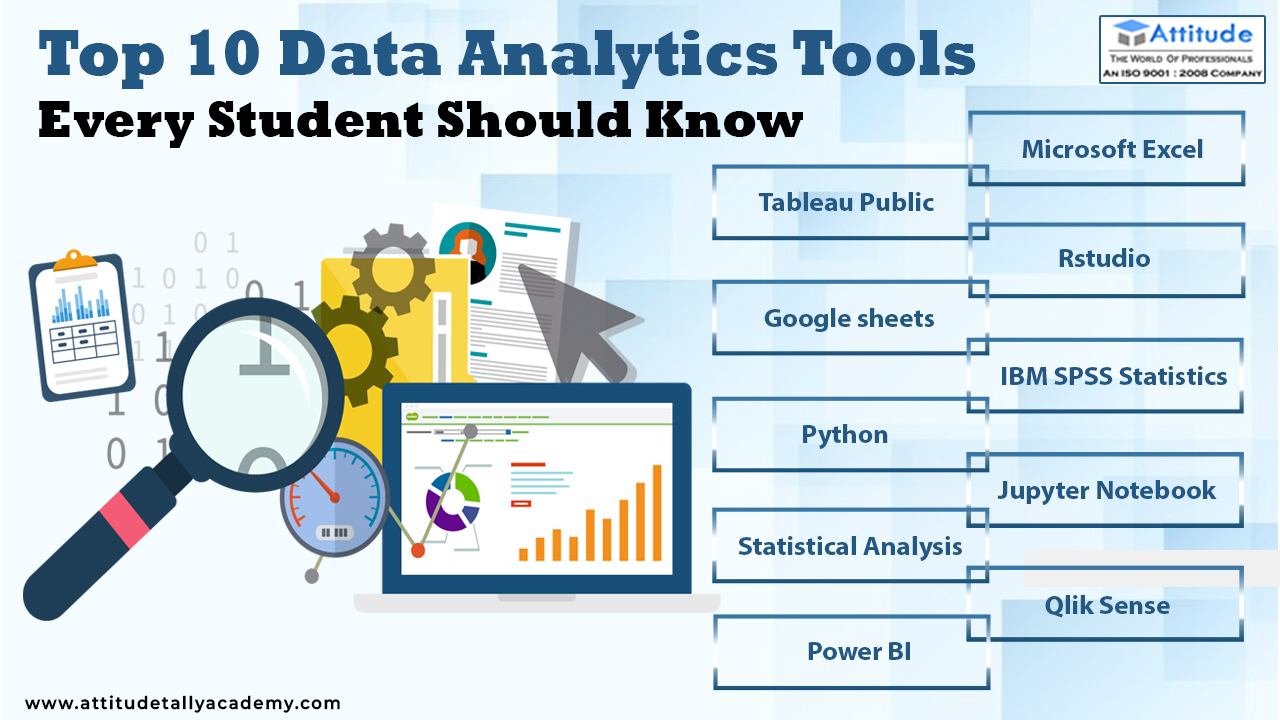Improve ROI and Effectiveness With Strategic Analytics Planning
Improve ROI and Effectiveness With Strategic Analytics Planning
Blog Article
Increase Effectiveness and Productivity Via Information Analytics
In today's data-driven landscape, businesses are significantly recognizing the crucial role of information analytics in improving functional efficiency and success. By systematically examining information, organizations can uncover essential understandings that inform critical decisions, enhance procedures, and tailor client experiences.
Recognizing Data Analytics
In today's data-driven landscape, comprehending information analytics is important for companies intending to boost operational effectiveness and drive productivity. Data analytics includes the organized computational analysis of data sets to discover patterns, relationships, and understandings that inform decision-making. By employing different strategies, such as analytical evaluation, artificial intelligence, and anticipating modeling, companies can change raw information right into actionable intelligence.
The process generally begins with data collection, where appropriate info is collected from numerous resources, consisting of transactional databases, customer interactions, and market patterns. This data is after that cleaned up and organized to make sure accuracy and consistency. Once the data is prepared, analytical tools and software are utilized to explore and visualize the information, enabling stakeholders to identify abnormalities and patterns.
Eventually, comprehending data analytics empowers companies to make enlightened choices based on empirical evidence instead than instinct. It helps with targeted techniques that can optimize source appropriation, enhance client fulfillment, and improve overall efficiency. As services progressively recognize the worth of data-driven insights, a solid grip of data analytics becomes a vital competency for teams and leaders alike, placing them for sustained success in an affordable atmosphere.

Key Advantages for Organizations
Companies that leverage data analytics can open a wide range of benefits that substantially enhance their procedures and profitability. One of the key benefits is enhanced decision-making. Information analytics offers workable insights obtained from real-time information, allowing services to make enlightened choices that line up with market needs and consumer preferences.

Furthermore, information analytics promotes boosted client experiences. By recognizing consumer habits and choices, organizations can customize their offerings, causing enhanced contentment and loyalty. This personalized approach often results in greater conversion prices and repeat company.
Additionally, data analytics makes it possible for organizations to recognize arising patterns and opportunities. By staying in advance of the contour, organizations can maximize brand-new markets and technologies prior to their competitors.
Applying Data-Driven Methods
Successful implementation of data-driven approaches needs an extensive understanding of both business objectives and available information sources. Organizations should first specify their objectives plainly, guaranteeing placement in between information efforts and strategic aims. This quality enables teams to concentrate on pertinent metrics and understandings that drive decision-making.
Next, organizations must evaluate their existing information infrastructure. This includes assessing information quality, access, and combination capacities. Top notch data is crucial for read this post here precise evaluation, as poor data can cause misguided methods and wasted resources. Organizations has to establish processes for information collection, cleansing, and management to maintain data honesty.
In addition, fostering a data-driven culture is important. Staff members in any way levels ought to visit be encouraged to leverage data in their everyday operations. Training programs and workshops can improve information proficiency, equipping team to make enlightened choices based upon logical understandings.
Devices and Technologies Review
A durable collection of devices and modern technologies is crucial for companies intending to harness the complete capacity of data analytics. These tools facilitate the collection, processing, and visualization of information, making it possible for organizations to acquire workable understandings.
At the foundational level, data management platforms such as SQL data sources and NoSQL systems supply effective data storage and retrieval capacities. For information handling and analysis, programming languages like Python and R, in addition to structures such as Apache Glow, allow complex calculations and equipment discovering applications.
Visualization tools, including Tableau and Power BI, change raw information into instinctive visual styles, making insights accessible to stakeholders in all degrees. Additionally, cloud-based systems like Google Cloud and AWS use scalable storage and handling services, suiting the expanding volumes of information companies experience.
For innovative analytics, anticipating modeling and AI-driven solutions are significantly embraced, allowing business to forecast patterns and enhance decision-making procedures. Integrating these devices into existing operations is critical; companies that effectively utilize this innovation can significantly boost operational effectiveness and drive profitability. Therefore, purchasing the right tools and modern technologies is a calculated important for any kind of data-driven organization.
Case Research Studies of Success
Leveraging information analytics has actually led numerous organizations to accomplish exceptional renovations in efficiency and success. One significant instance is a huge retail chain that carried out predictive analytics to optimize inventory administration. By assessing historic sales information and customer trends, the company decreased excess stock by 30%, resulting in considerable price financial savings and boosted cash money circulation.
An additional instance can be discovered in the production market, where a leading vehicle maker used information analytics to improve its production processes. By keeping an eye on maker performance in real-time, the organization identified bottlenecks and inefficiencies, causing a 20% rise in general devices effectiveness (OEE) This not only enhanced manufacturing rates however also minimized downtime and upkeep prices.

These case researches illustrate how data analytics can drive calculated decision-making, maximize processes, and eventually boost informative post both performance and productivity throughout different markets.
Conclusion
Finally, the combination of data analytics into business operations offers substantial opportunities for boosting efficiency and success. By methodically assessing data, companies can determine inefficiencies, maximize consumer experiences, and make informed decisions. The fostering of anticipating modeling and real-time surveillance further allows companies to stay ahead of arising patterns and allocate resources efficiently. Ultimately, the critical application of data-driven methodologies promotes continual competitive advantages and drives considerable improvements in operational efficiency and financial end results.
In today's data-driven landscape, recognizing data analytics is vital for organizations intending to boost functional effectiveness and drive success. Data analytics involves the organized computational evaluation of information collections to discover patterns, connections, and insights that notify decision-making. Data analytics offers actionable understandings obtained from real-time information, permitting businesses to make enlightened choices that line up with market demands and customer choices.
High-quality data is vital for accurate evaluation, as poor data can lead to misguided approaches and thrown away sources. Organizations has to develop processes for information collection, cleaning, and administration to maintain data integrity.
Report this page